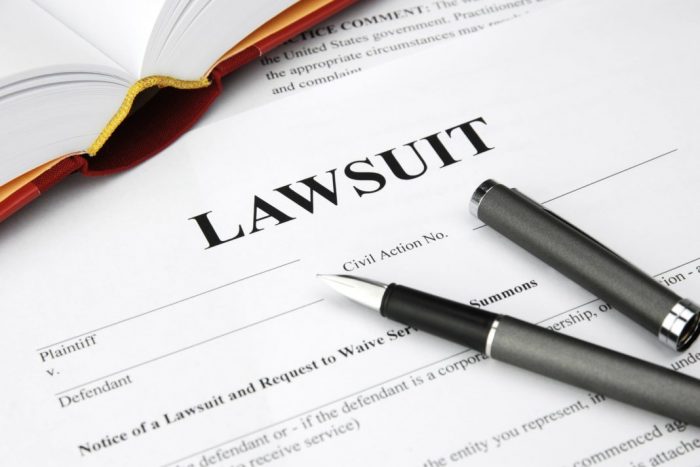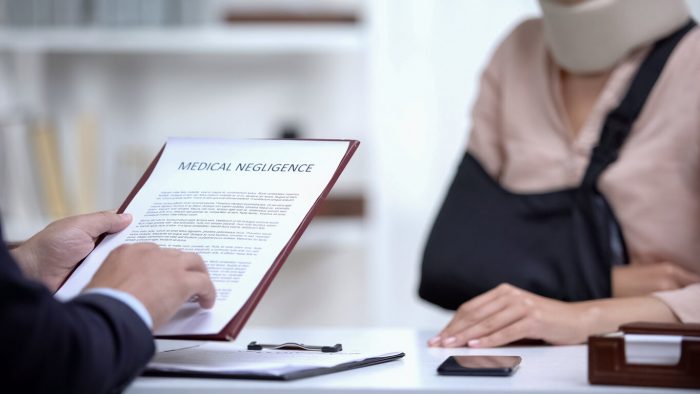
If you’re ever in a car accident, you may need to hire a personal injury lawyer to represent you as you deal with the other driver’s car insurance company.
According to hirschandlyonaccidentlaw.com, you may be eligible for compensation if you’re injured because of someone else’s negligence, and the following are nine important things to know about personal injury lawyers and these types of cases in general.
1. Personal Injury Lawyers Work On a Contingency
One of the reasons some people might not hire a lawyer to represent them, even when they should, is because they worry about paying them. When hours charge an hourly fee, it can be incredibly expensive.
Luckily, most personal injury attorneys work on a contingency fee basis.

What this means is that if you don’t recover damages from a settlement or judgment in your case, then your lawyer will not get paid either. If you do recover damages, your attorney will get paid a portion of whatever it is you recover.
2. Most Personal Injury Cases Are Settled
When you hire a lawyer, you probably think you’re automatically going to end up in court, but that’s not common.
The goal for most personal injury attorneys is to reach a settlement with the other driver’s insurance company outside of court. Your attorney will negotiate on your behalf to reach a settlement that they believe is fair based on the extent of your injuries and damages.
Going to court is not something that your attorney wants, nor does the opposing insurance company.
3. Personal Injury Covers More Than Just Car Accidents
Car accident injuries are among the most common reason to work with a personal injury lawyer, but they do other things too. Personal injury lawyers can help when someone is hurt because of a slip and fall accident or medical malpractice.

They also represent clients who have been the victim of intentional attacks, such as assault, defective product cases, and situations involving defamation.
4. Personal Injury Lawyers Are Selective About the Cases They Take
Because most personal injury attorneys are paid on a contingency, they are very selective in the cases they’ll take. They want to take a case they believe they can win. It’s not uncommon for them to turn down many cases that potential clients bring to them.
5. A Lawyer Can Gather Evidence
If you’re hurt in a situation like a car accident, then the last thing you might be thinking about is gathering evidence you could need for a later claim. Luckily, if you hire an attorney, they can actually gather evidence for you, and they know what to look for.
A personal injury attorney will usually start the process by interviewing you. You’re an important source of information for them.

Your lawyer will want to learn more about the circumstances surrounding the accident, your medical treatment, and your injuries. Your lawyer doesn’t want to be caught off guard later on, so it’s important to be truthful and provide as much information as possible.
Your attorney will also get your medical records and bills that are related to your injury. It can take some time to get all of these records.
6. A Lawsuit Might Not Ever Be Filed
As was mentioned, many personal injury claims are settled out of court. Along with settling out of court, what a lot of people don’t know is that a lawsuit is never filed.
Instead, what your lawyer will do is make a demand to the legal representatives for the other side. That demand isn’t made until you’ve reached your point of maximum medical improvement. That’s when a plaintiff has ended their medical treatment and is considered as recovered as they can be.

The reason will lawyer will wait until then is because up to that point, your lawyer won’t know how much your case is worth or whether or not there will be ongoing medical expenses.
If a demand letter is sent and negotiations are successful, your lawyer may not have to file a lawsuit. Sometimes an attorney will file one during negotiations just to get things going.
7. Your Lawyer Will Analyze Settlement Offers
What almost always happens at first when dealing with insurance companies is that they offer a low settlement. Their adjusters know it’s low, and they’re hoping that you accept it. Unfortunately, a lot of people do settle for less than they should because they don’t know how the process works or they’re intimidated.

A big role that your lawyer will have is analyzing settlement offers to figure out if it’s a good one or not.
They might turn the offer down altogether if they think it’s ridiculously low, or they could counteroffer.
8. Experience Matters
When you’re choosing an attorney in any specialty, experience is important but especially when it comes to personal injury law. Insurance companies have huge budgets and legal teams, and if your lawyer isn’t experienced and confident, they can be steamrolled. If you happen to live in South Florida, check out https://bestpersonalinjurylawyermiami.com/ for a list of the best personal injury lawyers nearby.
9. Personal Injury Lawsuits Depend on a Claim of Negligence
There’s a term you’ll hear a lot relating to personal injury lawsuits, which is negligence. Negligence is a core component of a personal injury case. Negligence means that someone behaves in a careless way that leads to another person getting hurt.
In a negligence claim, a plaintiff has to prove that someone else’s actions led to their injuries or damages.

There are four elements of negligence that a personal injury attorney will work to prove in your case.
First, there’s duty, meaning the defendant owed a legal duty to you as the plaintiff under the circumstances.
The next is a breach, meaning the defendant breached their legal duty by failing to act or acting in a certain way.
The next thing that has to be shown is causation, meaning the actions or inactions of the defendant caused your injuries.
Finally, your attorney will have to show damages, meaning you were harmed or injured as a result of the defendants’ actions.








